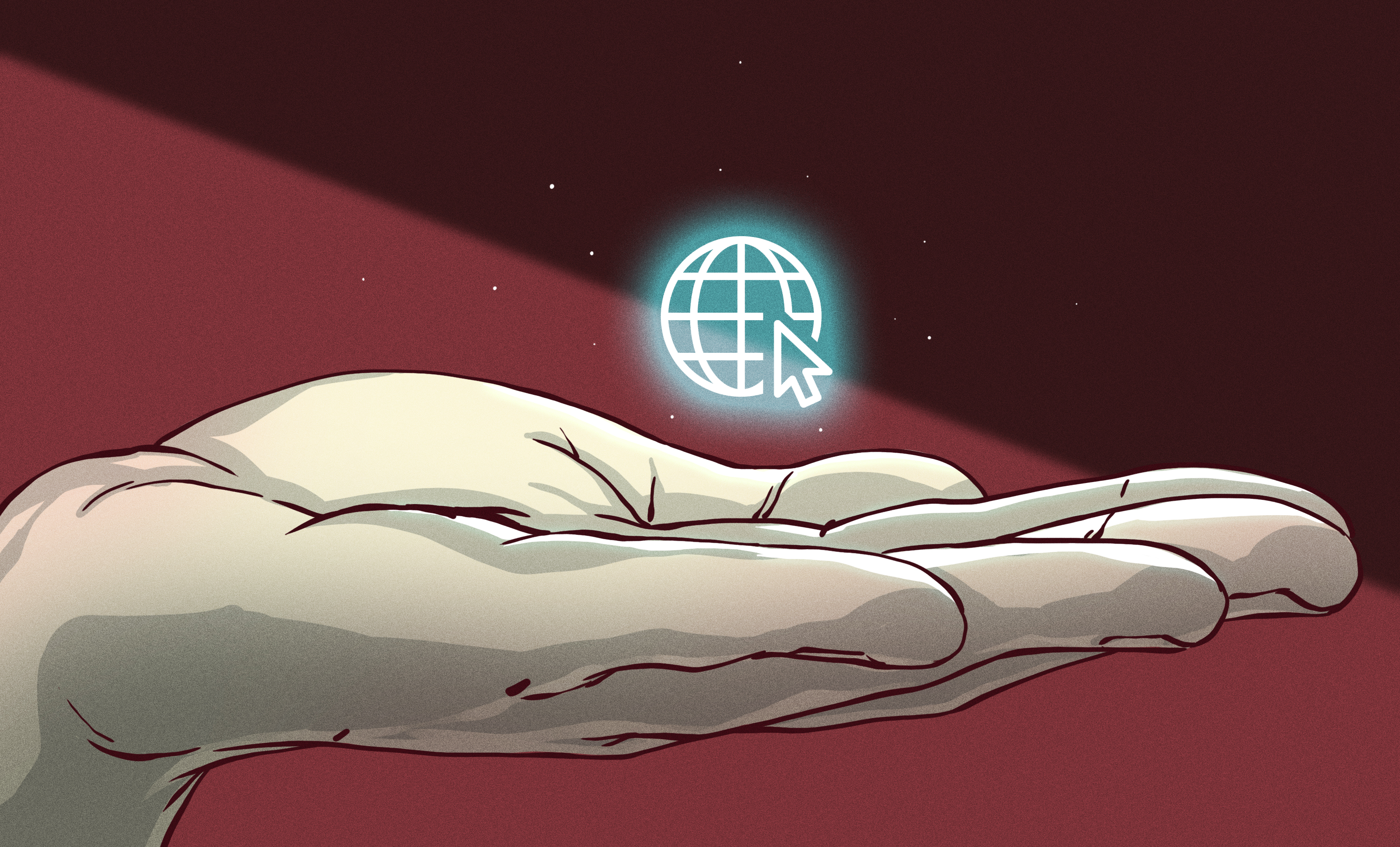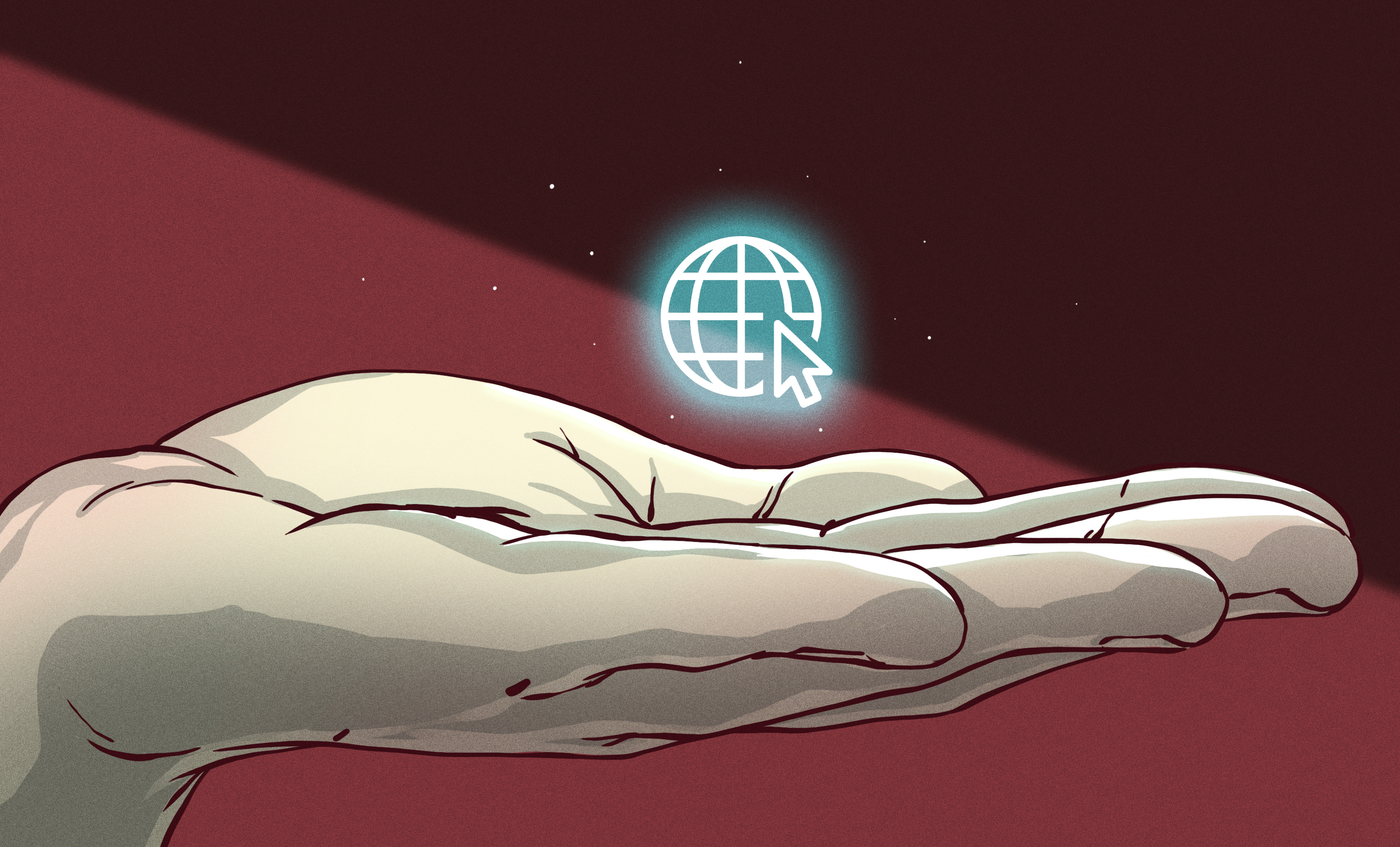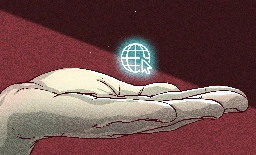A look at the Small Web, part 1
A look at the Small Web, part 1

A Look At The Small Web, Part 1

It’s likely most Hackaday readers could recite a list of problems with the web as it exists here in 2024. Cory Doctrow coined a word for it, enshitification, referring to the shift of web users from being the consumers of online services to the product of those services, squeezed by a few Internet monopolies. A few massive corporations control so much of our online experience from the server to the browser, to the extent that for so many people there is very little the touch outside those confines.
Contrasting the enshitified web of 2024 with the early web, it’s not difficult to see how some of the promise was lost. Perhaps not the web of Tim Berners-Lee and his NeXT cube, but the one of a few years later, when Netscape was the new kid on the block to pair with your Trumpet Winsock. CD-ROMs were about to crash and burn, and I was learning how to create simple HTML pages.
The promise then was of a decentralised information network in which we would all have our own websites, or homepages as the language of the time put it, on our own servers. Microsoft even gave their users the tools to do this with Windows, in that the least technical of users could put a Frontpage Express web site on their Personal Web Server instance. This promise seems fanciful to modern ears, as fanciful perhaps as keeping the overall size of each individual page under 50k, but at the time it seemed possible.
With such promise then, just how did we end up here? I’m sure many of you will chip in in the comments with your own takes, but of course, setting up and maintaining a web server is either hard, or costly. Anyone foolish enough to point their Windows Personal Web Server directly at the Internet would find their machine compromised by script kiddies, and having your own “proper” hosting took money and expertise. Free stuff always wins online, so in those early days it was the likes of Geocities or Angelfire which drew the non-technical crowds. It’s hardly surprising that this trend continued into the early days of social media, starting the inevitable slide into today’s scene described above.
